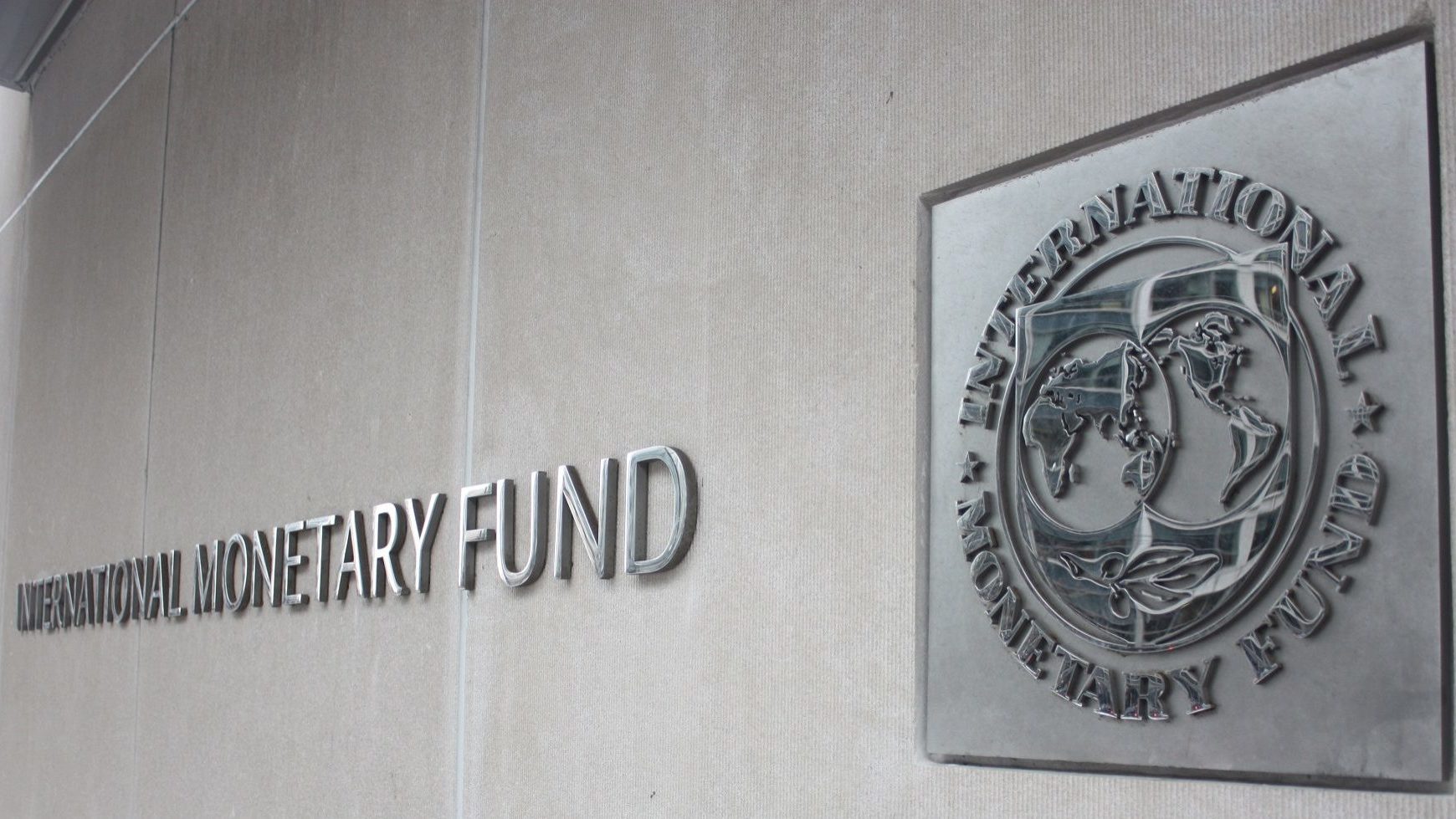University study sees 3.7% GDP growth in 2021, slower than in budget
The NECEP Forecasting Lab of Lisbon's Catholic University issued a projection for the country's economic growth more than a percentage point lower than that contained in the government's draft budget.
One of Portugal’s leading universities on Wednesday issued a projection for the country’s economic growth more than a percentage point lower than that contained in the government’s draft budget for next year, at 3.7% versus 4.8%, despite activity in the third quarter reached its highest level since the start of the pandemic.
According to the forecasts by researchers at the NECEP Forecasting Lab of Lisbon’s Catholic University, gross domestic product in the third quarter expanded by 1.5% and was 2.9% up on the third quarter of 2020.
In the third quarter “the level of activity of the Portuguese economy will have been the highest since the beginning of the pandemic and the lockdown policies introduced in March 2020,” with the economy operating at 95.6% of its level of the fourth quarter of 2019, the last full quarter before the pandemic hit, according to the NECEP release.
For 2021 as a whole, however, the researchers’ central scenario for GDP growth is 3.7%, up 0.2 of a point from their previous forecast, thanks to the “recent improvement in services and exports, which would put the Portuguese economy operating at 95% of the 2019 level” but also “worse than previously anticipated as a result of the revisions that the National Institute of Statistics introduced to the data at the end of September.”
In addition, uncertainty remains high, “so growth this year could fluctuate between 3.2% and 4.2% depending on the intensity of the constraints on economic activity and the size of budget support to companies and families most affected by the crisis,” it stresses.
In the government’s draft budget, submitted to parliament on Monday, the economy is seen growing 4.8% this year, and 5.5% next.
For 2022, NECEP expects growth of 4.3%, which would mean activity being back to around 99% of its 2019 level. In 2023, they see growth slowing to around 2% due to expected fiscal consolidation “as a way to reduce public debt to sustainable levels in the medium and long term.”
As for unemployment, the jobless rate should stay below 7% this year, with a central scenario of 6.7%, dropping to 6.2% next year, according to NECEP. Even so, “temporary increases in unemployment may occur, related to the adjustment of the labour market after the strong public intervention it underwent.”
There is also concern about inflationary pressures, given that developments on this front in Europe and the US are likely to be reflected in Portugal, with inflation of 1.0% expected this year and 1.3% in 2022.
In its draft budget, the government sees average unemployment of 6.8% this year and 6.5% next year, “the lowest level since 2003”.
Its forecast for inflation is 0.9% both this year and next.
In the document, the government also estimates a public sector budget deficit equivalent to 4.3% of GDP this year, falling to 3.2% in 2022.


